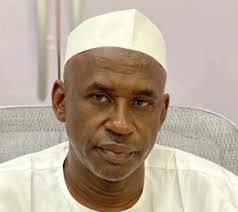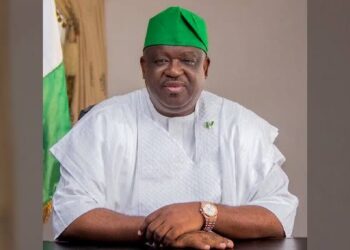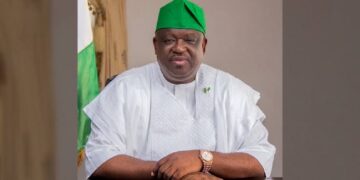During the latest session of the ECOWAS parliament on July 21 in Abuja, Nigeria, tensions flared when Senegalese Member of Parliament Marius Sagna delivered a scathing critique of both the regional body and African heads of state. Sagna’s impassioned remarks sparked a flurry of reactions on social media, drawing both applause and criticism and highlighting deep-seated concerns about governance and accountability across the continent.
The Economic Community of West African States (ECOWAS), serves as a critical regional bloc aimed at promoting economic integration and political cooperation among its 15 member states. However, the parliamentary session intended for deliberating regional issues took an unexpected turn as Sagna used his platform to condemn African leaders, accusing them of perpetuating poverty and hindering development efforts.
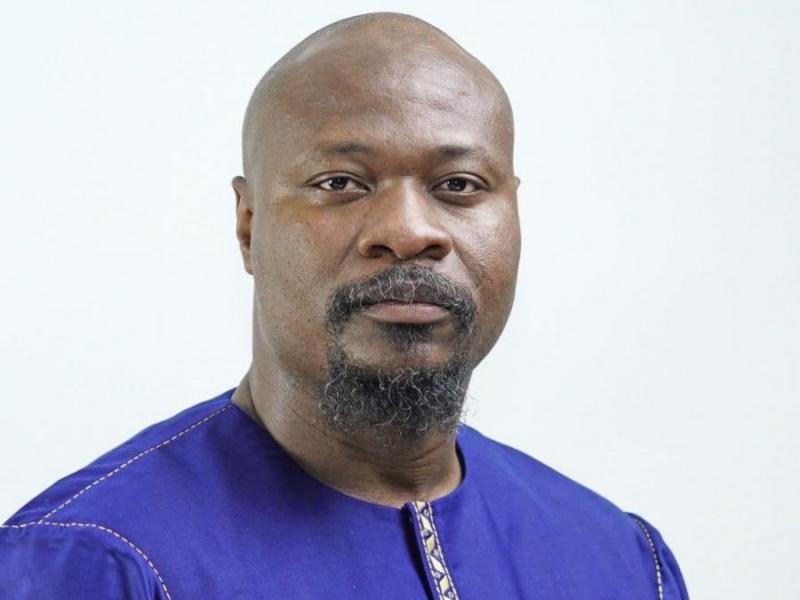
Known for his activism in Senegal, Sagna’s outspoken criticism resonated widely both within the parliamentary chambers and beyond. His accusations struck a chord among listeners, leading to a polarized response from fellow parliamentarians and the public alike. Some supported his bold stance, viewing it as a necessary call for accountability and transparency, while others criticized the confrontational approach.
The incident underscores broader concerns about governance and leadership within ECOWAS member states. It has prompted renewed discussions on how best to harness Africa’s abundant resources for the benefit of its citizens. Critics argue that despite the continent’s rich natural wealth, a significant portion of the population continues to live in poverty, citing corruption, mismanagement, and lack of accountability as contributing factors.
In response to Sagna’s remarks, reactions varied among African leaders, with some defending their records and highlighting initiatives aimed at infrastructure development, education, and poverty alleviation. However, skepticism remains prevalent, particularly concerning income inequality, youth unemployment, and inadequate healthcare systems across many African nations.
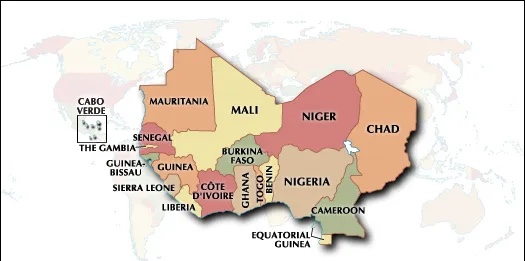
The session has reignited debates on the effectiveness of regional bodies like ECOWAS in addressing systemic challenges and promoting inclusive governance. It serves as a pivotal moment for reflection on the role of leadership in fostering sustainable development and political stability in West Africa and beyond.
Moving forward, the incident underscores the importance of constructive dialogue and collective action among ECOWAS member states. By fostering a culture of transparency and accountability, African nations can unlock their full potential and achieve sustainable development goals. ECOWAS, as a regional organization, plays a crucial role in facilitating dialogue and cooperation among its members, advocating for meaningful reforms that benefit all citizens.
While Sagna’s remarks sparked controversy and division, they also present an opportunity for introspection and reform. The passionate exchange at the ECOWAS parliament session highlights the complexities inherent in regional diplomacy and African governance. It underscores the need for African leaders to prioritize the welfare of their citizens, foster inclusive governance, and address systemic challenges to ensure a brighter and more prosperous future for the continent.



